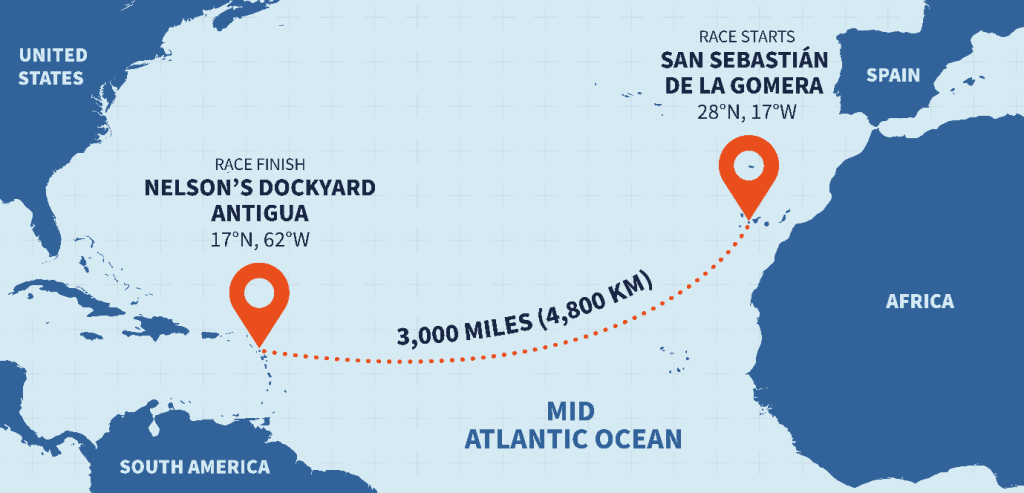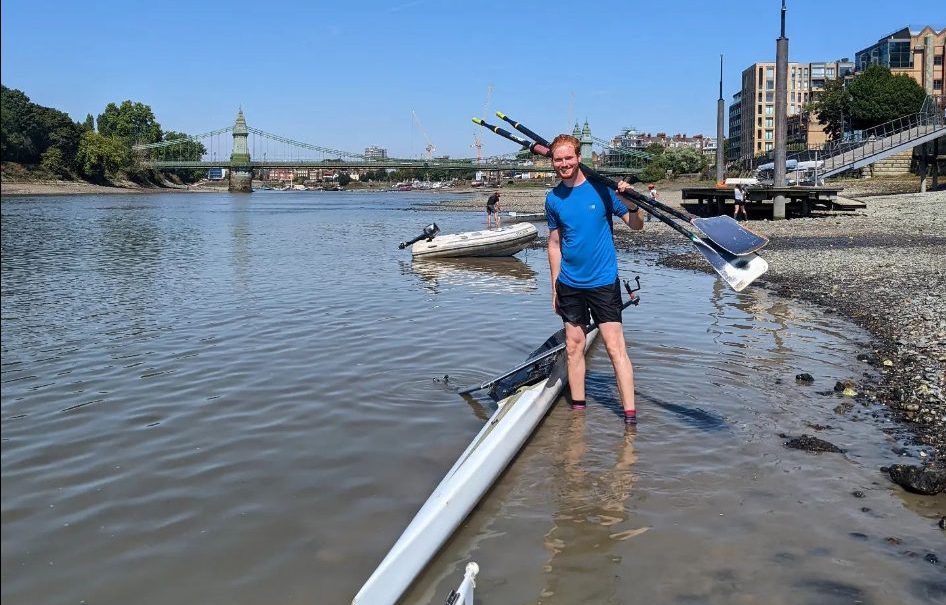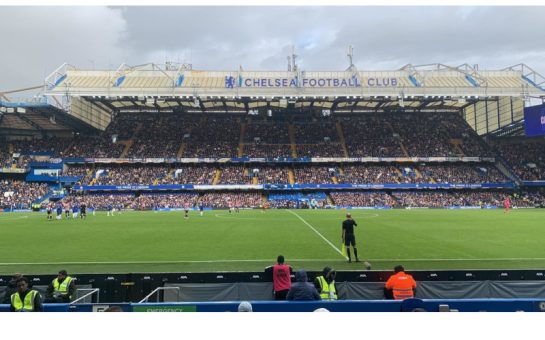A rower from London is crossing the Atlantic and missing his birthday, Christmas and New Year celebrations to support a youth rowing charity in Fulham.
Scott Brown, 30, is completing the world’s toughest row challenge involving a 3,000-mile race from La Gomera in the Canary Islands to Antigua in the Caribbean.
His team has three rowers including himself, Dafydd Helps-Fursse and Richard Wilkinson in a boat named Vaquita.
The team started the race on December 11 and is seventh out of 38 boats.
On day nine of the race the team had covered 612 NM (nautical miles), with 2099NM to go until they reach Antigua.
The race involves rowing for two hours on and off for 24 hours a day with just a bucket for a toilet.
Each team will row more than 1.5 million oar strokes on average during the race.

Brown said: “Rowing has had a massive part in helping my mental and physical health, I wish I stayed with it when I was younger, and it was easier to access.
“That’s why I have chosen to support Fulham Reach, I love how accessible the club has made rowing for kids from all backgrounds.”
Brown added that the community and of a club and the support and guidance it gives young people to push themselves can be a huge aid to mental health, something he is a strong advocate for.
Brown is fundraising for the Fulham Reach Rowing Club charity, which promotes ‘Rowing for All’ and challenges the stereotypes of a traditionally elitist sport.
Fulham Reach provides underprivileged students with rowing and sports education through free holiday courses and term-time coaching at state schools.
The free holiday courses run during the Easter and Summer holidays for students from Hammersmith and Fulham who receive Pupil Premium.
The kids can learn rowing, kayaking, and boxing during the weeklong holiday courses.
The courses provide three daily meals and serve 24 students per session.
Beyond teaching sports, the initiative aims to combat holiday learning loss, food insecurity, and anti-social behaviour while improving access to a traditionally inaccessible sport.
Amanda Wood, Fulham Reach Fundraising lead, said: “You can see the difference it makes to individuals. It can transform lives.
“It’s about them growing in confidence, self-esteem and belief in their abilities.
“We’ve put quite a few of the young people through their coaching qualifications, so they’re now qualified coaches, and are coming back and are coaching the schools and other young people in the club.”
Further outreach work includes Boats Not Bars, a rehabilitation programme for prisoners which aims to reduce reoffending through sport.
The Ministry of Justice research has shown that sports participation can reduce reoffending rates by improving offenders’ physical and mental well-being.
Wood explained that coaches work with prisoners over a six to eight week rowing course and then provide ongoing support following their release back into the community.
This involves working with them beyond rowing, including helping them with work experience and linking them with local employers to help them get back on their feet.
In 2023 the Boats not Bars programme won the Sports Innovation Award from the Sports Business Awards.





